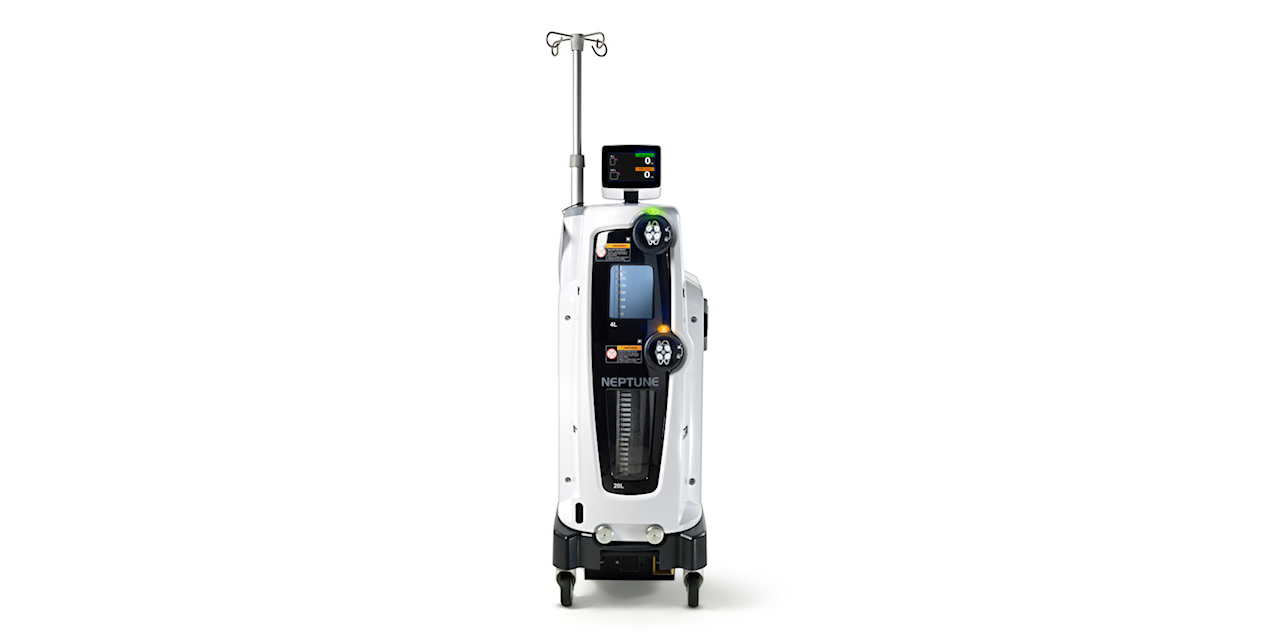The 2018 Excellence in Surgical Products Awards will be presented in the November/December issue of Surgical Products. Leading up to the publication of that issue, nominees will be featured on the Surgical Products website.
Category: Safety
Product description and innovation synopsis:
If you could design a surgical suction device to evacuate hazardous fluid and smoke, what would it look like? Our customers told us, we listened, and we are proud to introduce the Neptune 3 Waste Management System. Five years of research and development went into Neptune 3; a multi-tasking device that places focus where it belongs: on safety and efficiency. Neptune is a constantly closed mobile system that protects the OR staff from exposure to suctioned biohazardous fluids; it permits patient-to-patient use requiring only a manifold change. Neptune 3 is moving surgical suction forward.

(Image credit: Stryker)
What sets this product apart from others available in the industry?
Neptune is the only constantly closed fluid waste management system on the market, protecting the peri-operative staff from exposure to biohazardous waste. Neptune also has a built-in smoke evacuator allowing for the removal of harmful surgical smoke from the operation room. Lastly, Neptune can help a staff turn-over an operation room 3.5 times faster than if using a traditional open waste management system because of reduced maintenance during procedures and post-procedural waste disposal.
How does this product benefit the surgical team and aid in better outcomes?
Like any good product that promotes safety and efficiency, Neptune fades into the background of the OR, allowing the peri-operative staff to focus on what’s important…the patient. Neptune effectively, reliability, and quietly manages fluid waste and eliminates the task of having to dump or solidify waste from a standard canister. Neptune measures fluid waste with more accuracy than a standard wall canister, allowing clinicians to accurately annotate a patient’s quantitative blood loss. Standard canisters are accurate to +/- 10 percent while Neptune is accurate to +/- 50mLs.




